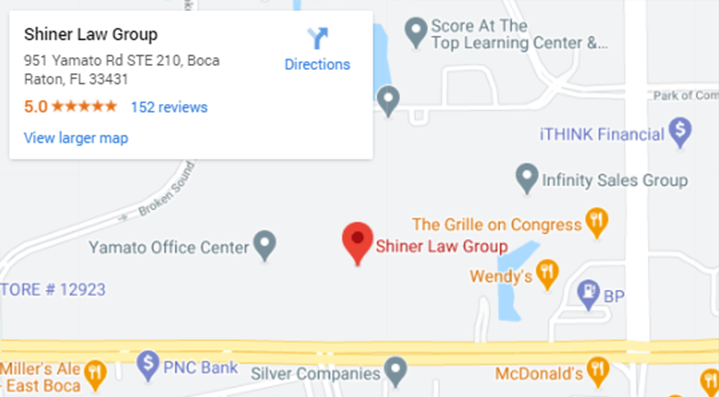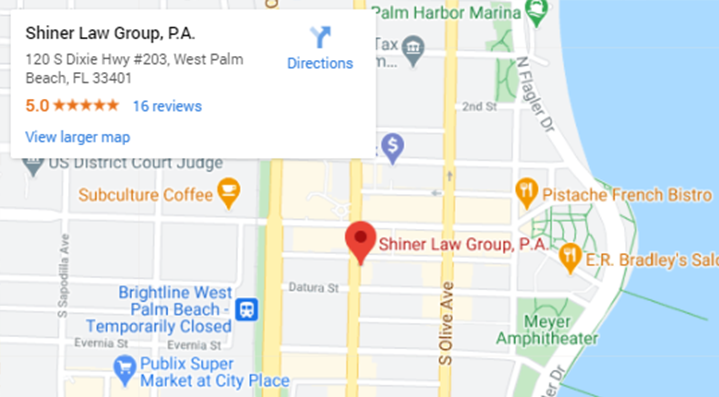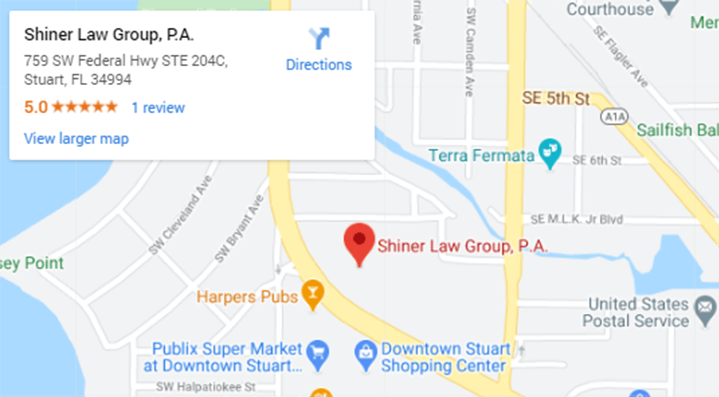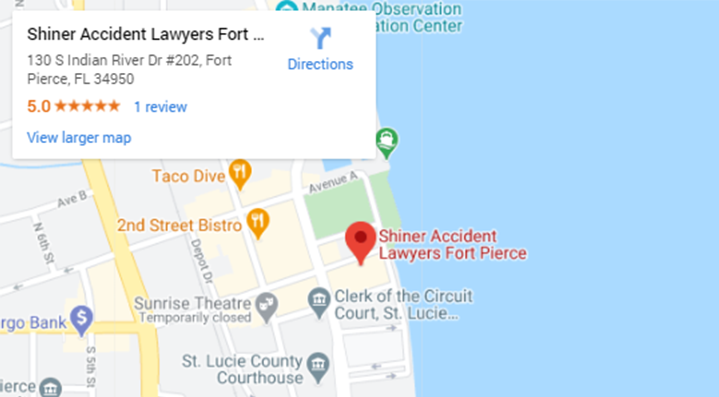Purchase and Sale of Business and Business Property
Article Sections
Whether you’re planning to purchase or sell a business, you must be well-informed and aware of the entire process so that you don’t find yourself later entangled in complicated legalities. So, continue reading this post to learn all the steps about purchasing and selling of a business.
Purchase a Business
When it comes to buying a business, here’s what you need to do:
Get Help from Business Advisors
First off, get help from a business advisor, such as a CPA (certified public accountant). A CPA can help you review your financial books and work with your lawyer simultaneously.
You’ll also need an attorney who can help you prepare as well as review documents for the sale. If you don’t have cash for the purchase, you’ll also need a lender. Last but not least, contact an insurance advisor from whom you’ll buy business insurance and malpractice insurance for your new business.
Due Diligence—Preliminary Investigation
The next step is the preliminary investigation, which includes due diligence. This is where you ask the seller a lot of questions to ensure your personal satisfaction before putting forth an initial purchase offer.
Due diligence can be performed by either you or your attorney or accountant. However, this is done after the intent to purchase has been signed but before the formal purchase agreement is made. The goal of due diligence is to allow you (the buyer) to carefully and closely examine the company documents so that you can make an informed purchase decision. At this stage, you should examine all business records and documents. Look at all the documents that might incur liability for the company such as purchase agreements, sales agreement and liens on assets. Also, make sure to examine any documents related to any ongoing and potential lawsuits. Your advisors will examine the records and books along with financial statements and tax returns to see where the business actually stands.
Sign a Letter of Intent
It is time to sign the letter of intent, also referred to as a non-binding agreement. A letter of intent prohibits the buyer from passing confidential information about the seller’s business to outsiders. It also serves to keep the seller from taking to or negotiating with other potential buyers. Apart from that, once the letter is signed, the buyer is then allowed to do more thorough business evaluation and proceed with further negotiations.
Negotiate Terms
The negotiation process basically is a discussion between two sides on how to close the deal. A part of the process also includes analysis of the valuation of the business that is performed by the appraiser. Once both parties agree, the deal is closed.
Sell a Business
Likewise, selling a small business may be a complex venture too. It involves a variety of considerations, which include but is not limited to:
Reasons for the Sale
A potential buyer is likely to ask you why you want to sell your business. You need to have a solid and reasonable answer for your decision to sell it. Business owners often sell their business because of different reasons, such as:
- Retirement
- Partnership disputes
- Illness
- Becoming overworked
Some business owners may also sell their business if it is not profitable. But this reason will make it extremely hard for you to attract potential buyers.
Sale Timing
If you wish to sell your business, then prepare for sale as quickly as possible —preferably a year or 2 ahead of time. This will improve your financial records, and business structure. And besides this, these improvements will also make it easier to transition the business to the buyer.
Business Valuation
You must determine the actual worth of your business so that it is priced neither too low not too high. For this, you’ll have to find a business appraiser and get the valuation done.
The value of a small business should be greater than the total value of its tangible assets. This is because for a buyer, the appeal is that an ongoing business has everything necessary for successful operation — equipment, location, and inventory if applicable—not to mention experienced employees, suppliers, business processes, and a customer list all in their place, in the right amounts.
Draft a Sale Agreement
Other steps include drafting a sale agreement. This agreement will help you avoid missteps that could otherwise delay the closing of the sale. Also, it is used as a contract for transferring the ownership of a business from the seller to the buyer.
Draft Non-Compete Agreement
A non-compete agreement states that in exchange for a specified payment, the seller promises not to go into a similar business within a certain geographic area for a certain period of time.
The agreement also specifies that the seller cannot use the confidential business process information, customer list and trade secrets with others. For this, it is advisable to consult with your business litigation lawyer who can represent you in sales transaction and help you understand the clauses of the non-compete agreement so that you can make an informed sales decision.
Furthermore, in the event that a non-compete issue arises later after the sale, the lawyer can help you navigate through the complexities and resolve the issues smoothly.










